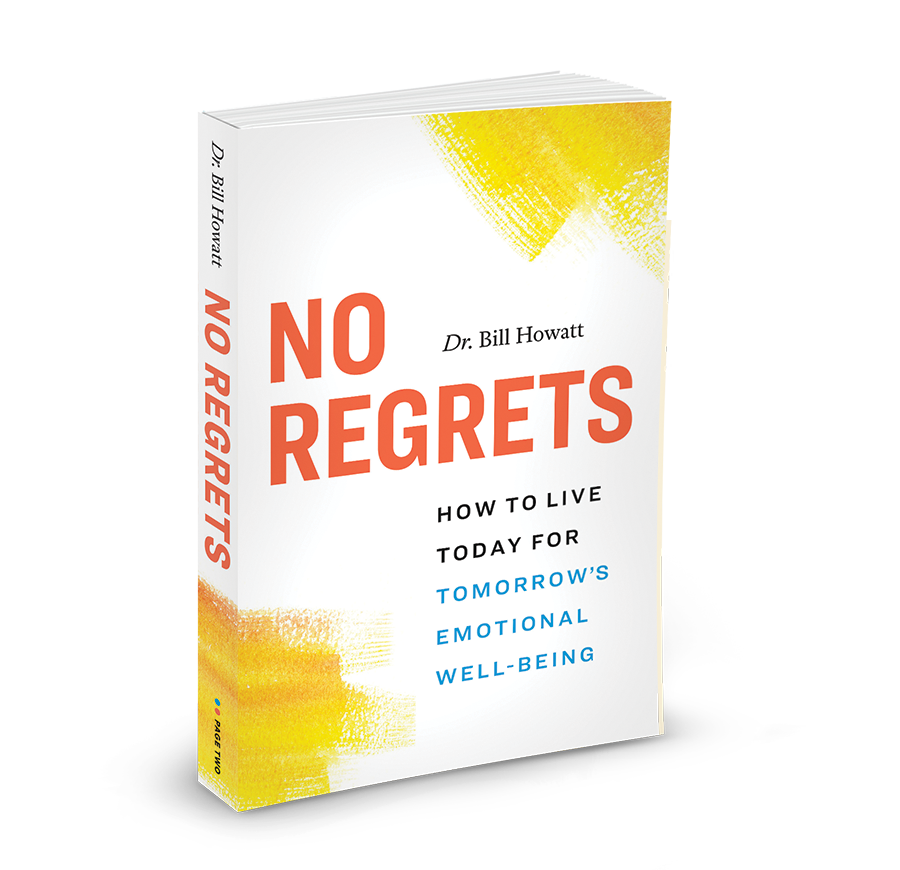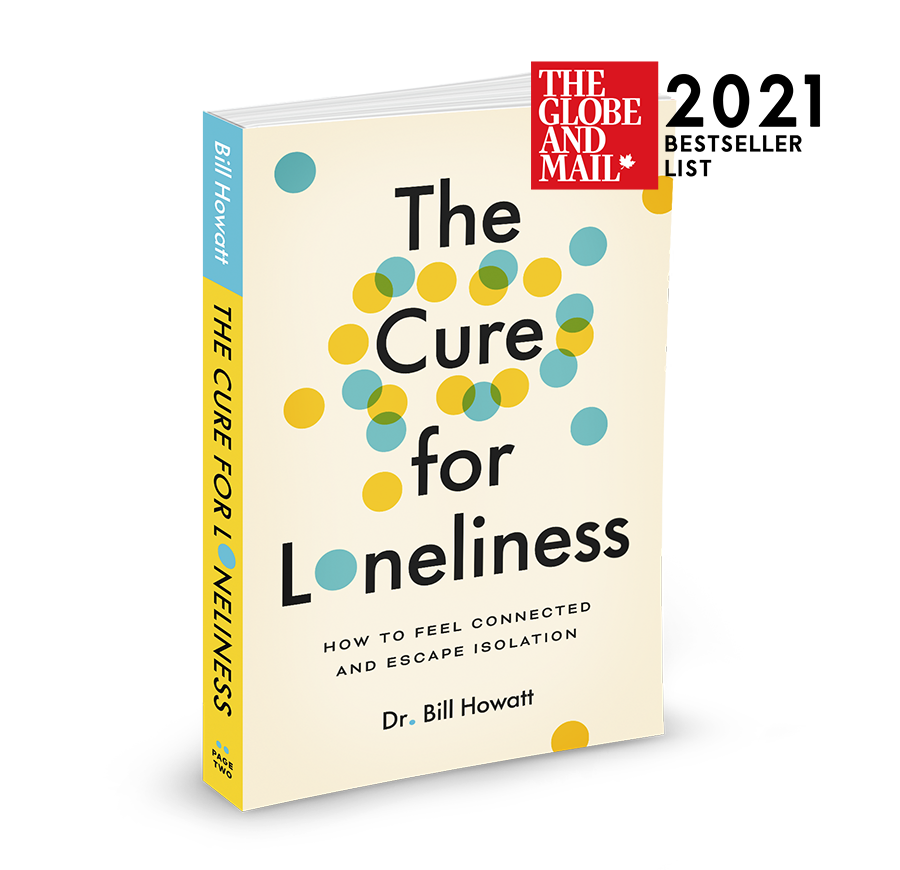As Canadians continue to report worsening mental health concerns amid the coronavirus pandemic, a study emphasizes the important role employers play in helping employees navigate the impact of COVID-19 and boosting the resilience of the country’s workforce.
The Mental Health Commission of Canada (MHCC) and the Conference Board of Canada conducted what they called a “mental health pulse check” by surveying 1,804 Canadians online between April 17 and May 15. The findings, released Tuesday, found that 84 per cent of respondents reported worsening mental health concerns since mid-March, when the pandemic began shutting down the country.
Family well-being, one’s future, isolation and loneliness and anxiety and fear were the biggest concerns reported among 15 mental health factors set out in the survey, although respondents were at least moderately concerned about all 15, including income and employment situation. The study reported the respondents’ perceptions of how they were doing for each factor before COVID-19, as well as when the survey was taken.
Respondents with lower incomes, students or those that were unemployed had greater levels of concern for their mental wellness than those who are employed and make healthier incomes.
As a result of the survey, the MHCC and the Conference Board released five recommendations to help inform employers about what they can do to help employees cope in difficult times:
- Increase vigilance about employees’ psychological safety.
- Complete a full inventory of all support programs.
- Obtain a workforce and mental health baseline by regular measurements and pulse checks for the next 36 months, at minimum.
- Promote and evaluate employee and family assistance programs and psychological services.
- Review coping strategies.
For employers to thrive in a pandemic they need a healthy workforce who are mentally engaged and fit, said Dr. Bill Howatt, the chief of research at the Conference Board.
“Covid-19 is not going anywhere fast,” he said. “We are 100 days into this and if we do not focus on mental health more, the risk is we will have more employees at increased risk for isolation and loneliness, suicide, domestic violence, mental illness and addiction.”
The survey also looked at 32 coping strategies, suggesting employers explore the strategies employees are using to cope and know the pros and cons of those strategies to encourage healthier choices.
It broke coping strategies into three categories: prosocial, meaning positive strategies; help-seeking behaviours; and at-risk behaviours. The top three reported coping strategies among respondents were: connecting with families and friends, walking and jogging; and other exercise. The top three at-risk coping mechanisms were food, alcohol and video gaming.
Studies show people generally think they would know if something was wrong with a co-worker, but people get very good at hiding what they’re really going through, particularly from afar, said Liz Horvath, manager of workplace and mental health at MHCC. Employers need to help reduce stigma, isolation and loneliness, especially with more people working remotely than ever.
Horvath said she has noticed trends while speaking to employers across the country during the pandemic. Employers who are doing a lot to support the mental health of their employees had typically focused on mental health and safety before the outset of COVID-19. Still, focusing on the mental health of their employees can be a challenge as employers work long hours in unusual circumstances.
There is also a tension for employees who need to work outside the home: between needing to work and a fear of exposure to coronavirus, said Horvath. Employers need to be sensitive to this as there can be psychological effects of feeling unsafe at work, like anxiety and anger. Horvath has also heard reports of hostility toward workers in essential services and retail stores, which can add stress for employees.
“Focusing on mental health is so important now because running ragged increases the risk of errors, conflict, burnout and mental illness but it also compromises the immune system and makes it more susceptible to infection,” Horvath said.
If an employee is concerned they are not getting enough support in the workplace, Howatt of the Conference Board suggests focusing on developing healthy coping skills through training, accessing psychological supports when needed, and building at least one or two strong social connections in the workplace so each employee always has a safe person to talk to.
“I encourage all employees to develop a mental fitness program so that they are actually aware of what they can do proactively to be charging their batteries and dealing with this over the long run,” he said.
Like in the broader mental health system, no one treatment will work for all employees, said Louise Bradley, the MHCC’s president and CEO. That’s why the MHCC has developed a COVID-19 mental health resource hub, a single window with targeted resources, like a COVID virtual crisis training program for essential workers.
“A cookie-cutter mental health strategy — which, quite frankly, has never worked — has to be replaced by targeted approaches tailored to the specific circumstances of individuals and groups.”


